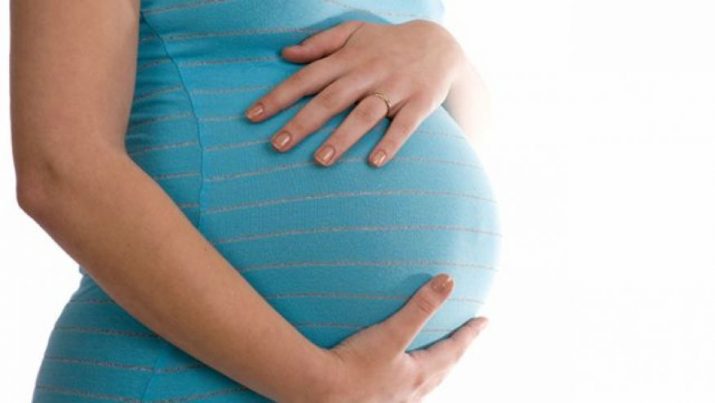
Groundbreaking study on flu shots and pregnant women PROVES that flu shots weaken immunity in subsequent years
Thursday, August 03, 2017 by Isabelle Z.
http://www.immunization.news/2017-08-03-groundbreaking-study-on-flu-shots-and-pregnant-women-proves-that-flu-shots-weaken-immunity-in-subsequent-years.html

Doctors have recommended that pregnant women get flu shots for a long time now because pregnant women and babies have a high risk of complications from the flu, but many women are reluctant to take on the risks, particularly when there is no guarantee the vaccine will afford any amount of protection. A new study aimed at uncovering how prior vaccination can impact the immune response of expectant mothers, has confirmed that after receiving a flu shot, people have lower antibody responses to the following year’s vaccine.
The researchers from The Ohio State University Wexner Medical Center set out to determine if this effect is also seen in pregnant women, and to find out if that affects how the antibodies are passed on to the baby.
For the study, the researchers gave 141 pregnant women the flu vaccine. Among that group, 91 of the women had gotten the flu shot the year before, while 50 had not. Perhaps unsurprisingly, they discovered that those who had not received the flu shot the year before had a higher initial immune response to the shot. In contrast, the women who did the get jab the year prior had weakened peak antibody responses. Their findings were published in the Vaccine journal.
This is in keeping with past findings, including a study that showed that those who got the flu jab consecutively for the 2012, 2013 and 2014 flu seasons had a higher risk of being infected with the new strains of the flu. Moreover, in Canada, people who got a 2008 flu shot were as much as 2.5 times more likely to come down with the H1N1 flu the following year, than those who had not received a shot. Scientists suspect that annual flu shots could make it more difficult for the immune system to fight against new strains that show up afterward.
The researchers then set out to determine how this could affect babies. They tested the expectant mothers throughout the duration of their pregnancies and then analyzed the blood from their umbilical cords when the babies were delivered to see how well the mothers’ protection against the flu was passed along to the babies while in the womb.
They found that even though women who get a flu shot every year experience a weaker initial antibody response, with the passage of time, the protection afforded to their baby is unlikely to be impacted. However, for many women, getting the flu shot during pregnancy is just too risky to make it worth taking a chance on.
Plenty of reasons to avoid the flu vaccine
The fact that flu shots weaken immunity in subsequent years isn’t the only reason that pregnant women might want to avoid them. A study in the Human Environmental and Toxicology journal found that the multiple-strain inactivated flu vaccine that contains mercury, was the direct cause of a 4,250 percent rise in fetal deaths during the pandemic flu season of 2009.
The effects of flu vaccines on pregnant women are not even fully understood. The insert for the jab Flulaval, for example, reads: “Safety and effectiveness of Flulaval have not been established in pregnant women, nursing mothers or children.” Yet doctors continue to pressure pregnant women to get flu vaccines.
Making matters worse, the flu vaccine is not particularly effective in many cases. In fact, the CDC admitted that the 2014 vaccine didn’t protect against that season’s most dominant strain. Flu vaccines are developed several months ahead of the beginning of the official flu season to allow enough time for mass production, and the process scientists use to predict which strains will be most prominent that year is not foolproof.
While it is understandable that women who are expecting want to do everything they can to ensure a healthy baby, the flu vaccine has a lot of risks for very little reward.
Sources include:
Tagged Under: Tags: flu immunity, flu shot, flu shot in pregnancy, flu vaccines, immune function, immunity, medical myths, vaccine industry





